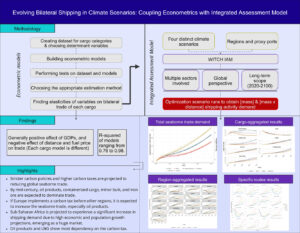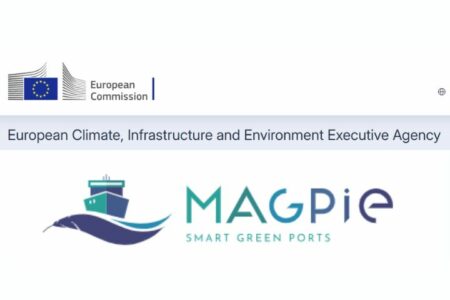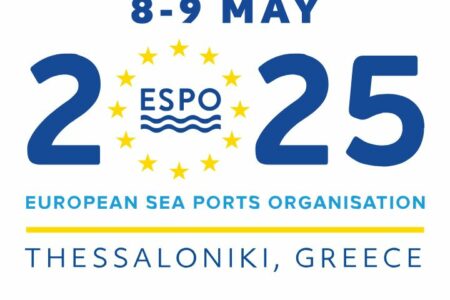MAGPIE’s Consortium member, TU Delft, has published an article titled “Evolving shipping activity in climate scenarios: Coupling econometrics with Integrated Assessment Model”. Written by Jeroen Pruyn & Hesam Naghash from Work Package 3, which focuses on Energy Requirements and Supply Chains. This paper improves the representation of maritime shipping in Integrated Assessment Models (IAMs) by examining the impacts of climate targets on future shipping demand. A novel econometric model, grounded in advanced gravity theory and integrated with machine-learning algorithms, is proposed to estimate the elasticities of variables in bilateral seaborne trade. By coupling this model with the WITCH IAM, it explores various scenarios, providing deeper insights into trade patterns and their implications. The results show that stricter climate policies and higher carbon taxes reduce GDP due to higher abatement costs and fuel prices, reducing seaborne trade, especially for oil products and containerized cargo. The early adoption of carbon taxes in Europe may shift oil production and consumption patterns, temporarily boosting seaborne trade.
Share
Share on linkedin
Share on facebook
Share on twitter
Share on email
At the end of January, the work package leaders presented the project results up until October 2024 to the European Climate, Infrastructure and Environment Executive Agency...
What is a “green port” and how can European ports take the necessary steps to earn this label? What are the necessary elements in...
On the 21st of January, our project coordinator, Arne-Jan Polman from Port of Rotterdam, and the coordinator of our sister project PIONEERS, Inge de...



